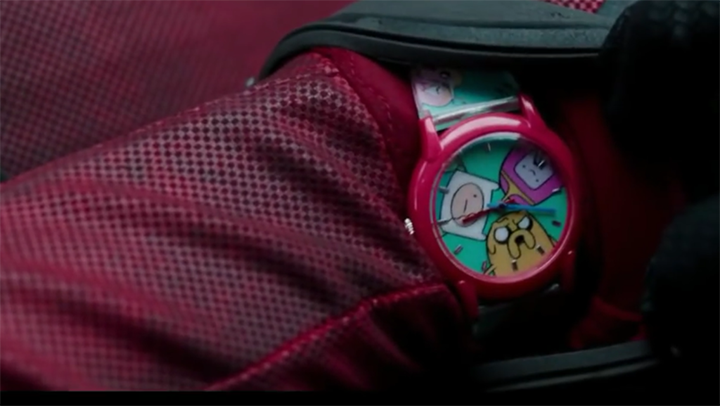Social media started as a way to share life updates and random bits of information. Across Facebook, Twitter, and Instagram, we got to see our friends and family as they revealed more about themselves, whether through posts, photos, and shares. It used to be a harmless place for oversharing.
Then the fire nation attacked and it evolved into something else. It became a public courtroom where we play judge, jury, and executioner.
Suddenly, social media became flooded with call-outs, where people shamed other people for perceived injustices. Of course, many of these were helpful and led to actual change, such as the case of the University of Santo Tomas student who was expelled after his ex-girlfriend revealed on Twitter how he abused her. There was also the case of a popular hotel who faced backlash after the mysterious disappearance of the cats in the vicinity. Within days, the hotel’s Facebook page got a rating of 1.8 stars.
But there are also those that attempted to shame people but backfired.
The most recent example was when TV host Ramon Tulfo recorded himself berating the staff at the Philippine General Hospital, which he claimed did not attend to a young girl his driver hit. According to faculty and staff of the University of the Philippines in Manila, PGH was following the “triage” method, where they determine the order of treatment depending on the degree of urgency. Tulfo claimed that the girl was vomiting on the way from Navotas, but netizens sided with the hospital, asking: if his driver hit the girl in Navotas, why did they drive all the way to Manila? Tulfo would later say that he’s familiar with PGH, adding that he’s “a stranger to Navotas.”
With cases like this increasing every day, we have to ask: what is the point? Has the call-out culture become too toxic?
It seems like it. While people may think that the call-outs are justified, it’s scary how extreme the consequences are. Internet sleuths are better than Sherlock Holmes, and can quickly identify the complete profile of the person. Recently, that’s what happened to the woman who was seen berating a policeman for double parking, screaming, “where is my five minutes?!” After finding out her identity (and posting it on social media), people sent threats of bodily harm. We wonder, do these people deserve the consequences?
The question now is, how do we call out people, groups, and institutions without being toxic?
First off, you have to know why you’re doing it. Are you doing it for your 15 minutes of fame and just want to embarrass someone in public, or do you want people to do something about it to improve the situation? If you just want to get revenge for the guy who overtook you in EDSA, then you probably should think twice.
Next is, post the entire story. Don’t just post a video without explaining what happened. Why is the guy screaming in the video? As much as possible, explain everything that happened, including what happened before the altercation.
Finally, be ready for backlash. No matter what your intentions are, there will always be people who will not agree with you. Last Christmas, a 17-year-old girl went missing from a coffee shop in the south. she was eventually found through social media. Things turned sour when people accused the girl of running away as a prank and the family for keeping the details of her return a secret. And recently, a girl whose date stole her phone was blamed for the theft.
If you’re the reader, don’t assume that everything you read online is true. There are a lot of “viral posts“ where we only get the side of the poster. In the US, a tweet went viral when a man in the audience of a baseball game grabbed a foul ball and gave it to his wife instead of a kid in the front row. Of course, people went crazy and shared clips of it online, calling him all kinds of names.
The thing was, the guy had already given a ball to that kid and had already given other balls to other kids. And the ball that he gave to his wife? She gave it to another kid. What we see online is not always the full story. And it’s always a good idea to find out the full story before sharing it. More importantly, it’s better to find out if it’s true and not a fake story.
There’s plenty of negativity online and sometimes it gets so tiring just scrolling through social media. Yes, it’s important to call out injustices, especially at a time when the justice system is moving so slow. But in the court of public opinion, we should let our minds do the judging, not our emotions.











